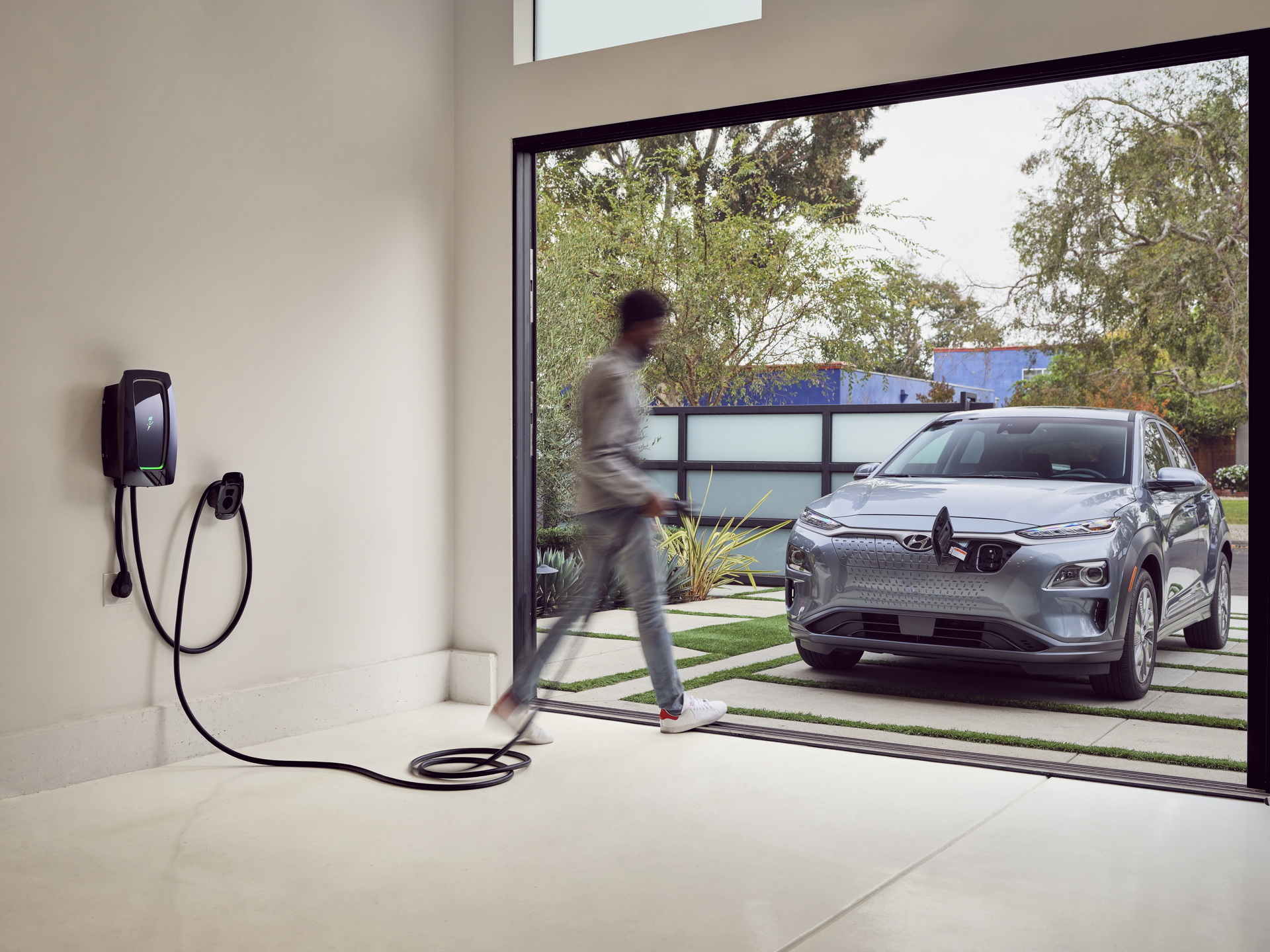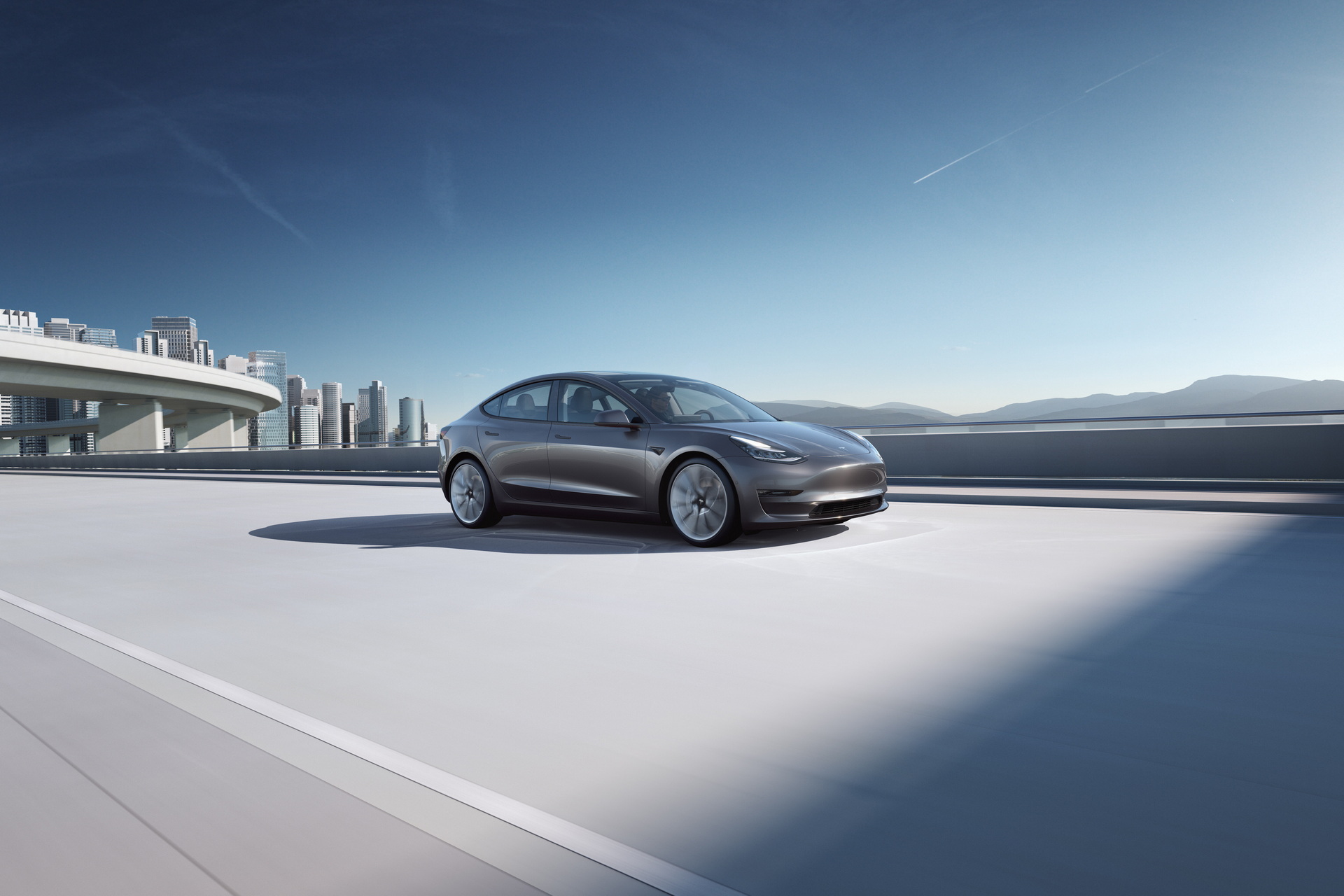Charging an electric vehicle can be a pain in the neck, one that can be doubly caused by the anxiety of seeing the little battery icon on the dashboard slowly lose bars. In order to truly catch on, electric vehicle charging will have to be as convenient as filling up a gasoline car.
The Biden administration has pledged to build 500,000 chargers, which it says will cost an estimated 5 billion dollars. That number might not be correct according to some early estimates, which place the actual cost somewhere around $40 billion dollars. Nevertheless, the priority is to install the stations near the highways for convenience, and additionally will be required to have at least four fast chargers each, while all plugs will be non-proprietary.
According to NPR, the government’s plan to implement a massive charging station is a good start, but it still leaves room for improvement.
The prevalence of chargers will make ownership of an electric vehicle less stressful and offer the convenience of a gas vehicle with none of the tailpipe emissions. The United States currently has over 150,000 gas stations across the nation, more than three times the amount of electric vehicle chargers.
Read More: Why Biden’s $7.5 Billion EV Charging Plan May Not Convince You To Switch
While it might seem like electric vehicle chargers are catching up to gas stations, in actual fact, EV chargers will need to vastly surpass gas stations if there’s any hope of being convenient, due to the time it takes to charge the vehicles.
46,000 chargers are now peppered around the United States, but not many of them are level 3 fast chargers, which can top up vehicles in as little as 15 to 45 minutes. Instead, the majority of the chargers are of the level 2 type, which is more akin to the kind that people would use to charge an EV at their house and require around 5 hours to fill the batteries up.
Automakers such as Tesla have already stepped up to build their own network of charging stations, which currently has over 900 across the US. The downside there is that Tesla chargers are proprietary and can’t be used on other brands’ electric vehicles.
According to Britta Gross from energy consulting firm RMI, this has left a gap for private companies like Electrify America to sweep in and fill.
“That could be the confidence-inspiring trigger that says, ‘Hey, private investment, pick up now where the federal government has now stepped aside, and now it’s time for the free market to take this thing into scale,’” Gross says.




